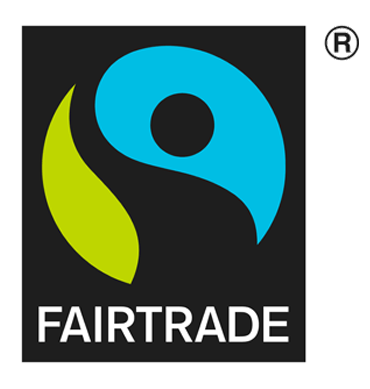Fairtrade America, an independent, third-party certification that partners with farmers and workers to negotiate better prices, decent working conditions, and a fairer deal overall, has released a list of five trends that will impact how brands source ingredients and work to have a larger impact on people and the planet in 2022.
The forecast predicts a need for brands to make good on their sustainability and human rights claims, and make it easier for shoppers to find ethically-sourced goods. More than half of respondents to Fairtrade’sl Fairtrade Consumer Insights report, conducted by GlobeScan, confirmed they have changed their purchasing choices within the past year to make a difference on economic, social, environmental, or political issues, indicating people increasingly see their everyday shopping as an important way to make a difference.
“We are energized by how consumers are showing a readiness to advocate for people and the planet through their own everyday choices,” said Peg Willingham, executive director, Fairtrade America, in a statement. “At Fairtrade America, we will continue to partner with and support companies who want to balance the power of global trade to benefit the farmers and workers behind our favorite products.”
Fairtrade America predicts this consumer attitude will play out in the following ways in 2022:
• Consumers will continue to demand companies focus more on sustainability. More than a quarter of consumers say they always or usually base their purchases on sustainability, which is an increase of 11 points over the last 14 years and up 4 points from 2019.
• Advocacy for human rights and fair wages will go global in scale. In 2021, 73 percent of Fairtrade shoppers were willing to pay more for a product to ensure farmers and producers were paid a fair price; specifically, up to 35 percent more per pound for Fairtrade coffee and 30 percent more per bar for Fairtrade chocolate. Large companies, like Unilever, are re-examining their supply chains to ensure they are meeting these consumer demands.
• Shopping for everyday goods online will remain the new norm. In 2020, U.S. ecommerce grew by 32.4 percent with total spending reaching $791.70 billion, according to Digital Commerce 360.
• Consumers will seek out organizations and companies that promote gender equality. Frequent Fairtrade shoppers care more than average about women’s causes, according to GlobeScan data. Fairtrade certification means helping to rebalance gender equality and strengthen women’s and girls’ human, social, financial, and physical capital in their farming cooperatives and communities.
• More mission-focused brands + brand transparency. A study by Zeno Group found that consumers are up to six times more likely to buy from companies with a strong purpose. Additionally, 71 percent indicated that traceability is very important to them, and that they are willing to pay a premium for brands that provide it, according to IBM Research Insights.
Related: Amazon Adds Sustainable Certifications; Slideshow: Whole Foods Predicts 2022 Trends.

